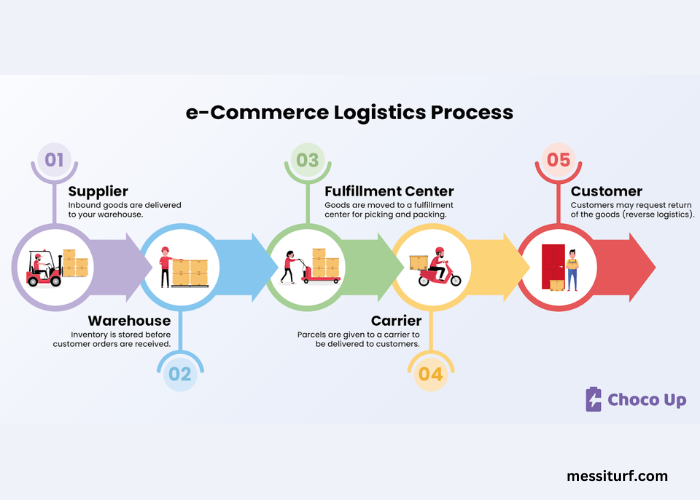Technology has been rapidly evolving and advancing over the years, and the world of business has seen some of the most drastic changes. The introduction of disruptive technologies has revolutionized the way businesses operate, and it is becoming increasingly important for companies to keep up with the ever-changing landscape. Disruptive technologies are defined as those technologies that have the potential to disrupt existing markets and create new markets. This blog post will explore what disruptive technologies are, how they are shaping the business landscape and some examples of disruptive technologies that have already had an impact.
What are Disruptive Technologies?
Disruptive technology is defined as technology that has the potential to disrupt existing markets and create new markets. Disruptive technologies can be classified into three categories: disruptive innovation, disruptive products, and disruptive business models. Disruptive innovations are changes in technology that have the potential to disrupt the existing market by offering a superior solution to existing products. Disruptive products are those that offer an entirely new solution to a problem or need, and disruptive business models are those that change the way businesses operate.
Disruptive technologies are often referred to as “disruptors” or “disruptive forces” and they have the potential to completely transform the way businesses operate. Disruptive technologies can be both innovative and disruptive at the same time and can have a major impact on the way businesses interact with their customers, suppliers, and competitors.
How Disruptive Technologies Are Shaping the Business Landscape
Disruptive technologies are having a major impact on the business landscape. They are changing the way businesses operate and interact with their customers, suppliers, and competitors. Disruptive technologies are also changing the way businesses market their products and services, and how they interact with their customers.
One of the major ways that disruptive technologies are changing the business landscape is through the use of digital technologies. Digital technologies enable businesses to reach a much wider audience and to interact with customers in real-time. Digital technologies also allow businesses to collect data from customers and use it to improve their products and services.
Another way that disruptive technologies are changing the business landscape is through the use of artificial intelligence (AI). AI is being used to automate processes and to make decisions based on data that has been collected. This allows businesses to be more efficient and reduce their costs.
Examples of Disruptive Technologies
There are many examples of disruptive technologies that have had an impact on the business landscape. Here are a few of the most notable examples:
Cloud Computing: Cloud computing is a technology that enables businesses to store and access data from any device, anywhere in the world. This technology has revolutionized the way businesses store and access data and has enabled them to become more efficient and cost-effective.
Social Media: Social media has changed the way businesses interact with their customers, and has enabled them to reach a much wider audience. Social media also enables businesses to collect data from their customers, which can then be used to improve their products and services.
Big Data: Big data is the process of collecting and analyzing large amounts of data in order to gain insights into a business’s operations. Big data enables businesses to make better decisions and to become more efficient and cost-effective.
Blockchain: Blockchain technology is a distributed ledger technology that enables businesses to securely store and transfer data. This technology is revolutionizing the way businesses transact and store data, and is becoming increasingly important for businesses to keep up with the ever-changing landscape.
Virtual Reality: Virtual reality is a technology that enables users to experience a simulated environment. This technology is being used in various sectors, from entertainment to healthcare, and is changing the way businesses operate.
Machine Learning: Machine learning is a type of artificial intelligence that enables computers to learn from data and make decisions without being explicitly programmed. This technology has enabled businesses to become more efficient and to reduce costs.
Conclusion
Disruptive technologies are having a major impact on the business landscape, and it is becoming increasingly important for businesses to keep up with the ever-changing landscape. Disruptive technologies can be classified into three categories: disruptive innovation, disruptive products, and disruptive business models, and they have the potential to completely transform the way businesses operate. Examples of disruptive technologies include cloud computing, social media, big data, blockchain, virtual reality, and machine learning. As disruptive technologies continue to evolve, it is important for businesses to remain up to date on the latest trends and technologies in order to stay competitive in the marketplace.




